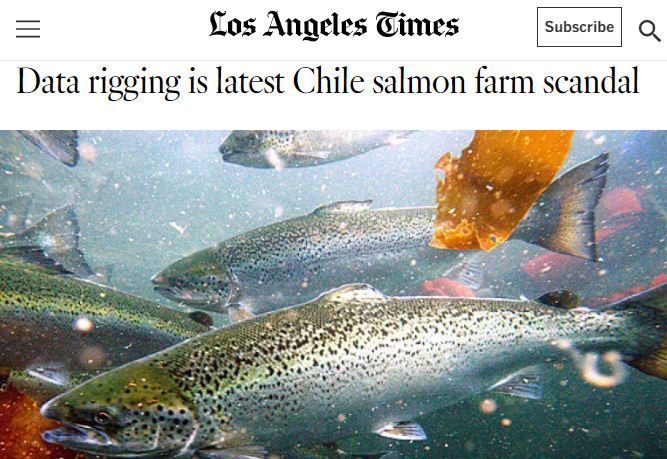 Eitt nýlegt hneyksli í sjókvíaeldisiðnaðinum í Chile er saga Nova Austral sem hafði markaðssett framleiðslu sína sem „grænni“ á þeirri forsendu að fyrirtækið notaði ekki sýklalyf við framleiðsluna. Fyrirtækið laug hins vegar að eftirlitsstofnunum um hið raunverulega ástand í eldiskvíunum.
Eitt nýlegt hneyksli í sjókvíaeldisiðnaðinum í Chile er saga Nova Austral sem hafði markaðssett framleiðslu sína sem „grænni“ á þeirri forsendu að fyrirtækið notaði ekki sýklalyf við framleiðsluna. Fyrirtækið laug hins vegar að eftirlitsstofnunum um hið raunverulega ástand í eldiskvíunum.
Sjókvíaeldisfyrirtækið veitti opinberum eftirlitsstofnunum markvisst rangar upplýsingar úr innra eftirliti sínu og hélt þannig miklum fiskidauða leyndum fyrir neytendum. ,,Við vitum ekki hvort önnur fyrirtæki í þessum geira gera það sama,“ segir einn viðmælanda í þessari frétt LA Times.
„Nova Austral had misreported its fish mortality data to regulators. Its salmon were dying in alarming numbers that had been hidden from the public.
Any number of scandals have hit the booming Chilean salmon industry in recent years. Like the time that some 900,000 fish escaped into the Pacific. And the time an algae bloom that environmentalists attributed in part to salmon farming wreaked havoc on the Chilean coastline.
There’s no suggestion that Nova Austral sold any diseased fish to retailers, but, still, this incident has touched a nerve in Chile — which produces about 25% of the world’s supply — in a way that those other incidents did not. Regulators are pressing civil charges; members of congress are calling for tougher regulation; Nova Austral’s top executive, Nicos Nicolaides, was abruptly pushed aside; and the price on the company’s foreign bonds plunged to as low as 60 cents on the dollar.
The saga also highlights another growing trend at a time when organic and green are all the rage among the world’s well-heeled consumers: The temptation to cut corners and to give products a veneer of sustainability is great. The practice is called greenwashing.“
